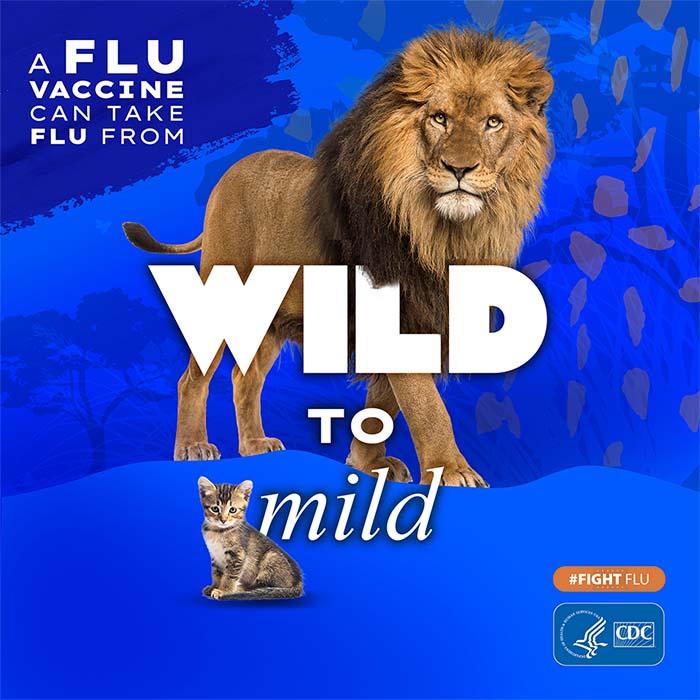Flu Fighter: Lisa Delaney
Meet flu fighter Lisa Delaney, director of the Emergency Response and Preparedness Office at the National Institute for Occupational Safety and Health (NIOSH). Delaney, leads the NIOSH team focused on ensuring businesses understand the impact of seasonal flu and how they can play a role in lessening the spread of flu in the workplace. “It is important to remind employers every year that they can play an important role in preventing flu, helping to protect employees’ health and reducing losses in productivity and revenue,” says Delaney. A few examples of how employers can help prevent flu each year:
- Promote influenza vaccination among workers.
- Encourage proper hand and respiratory hygiene practices.
- Educate workers on influenza signs and symptoms.
- Inform workers on what to do if they get sick.
Name: CDR Lisa Delaney
Title: Director, Emergency Response and Preparedness Office (EPRO), NIOSH
Location: Atlanta, GA
- In your role, how do you prepare for flu season each year?
In my job at the National Institute for Occupational Safety and Health, my team and I work to keep people safe and healthy in the workplace. Each year we work to make sure we provide the resources that employers and workers need to prevent seasonal influenza in the workplace. NIOSH also works on flu activities surrounding respiratory protection and transmission research. - What is the most difficult part of flu prevention?
Every flu season can be different, but every year we know there will be a spike in flu activity, and in turn illness in the workplace. However, the good news is by adopting multiple strategies like getting a flu vaccine, staying home when you are sick, and following proper hand and respiratory hygiene practices, you can reduce your chances of getting sick and making other people sick. - Why do you think people underestimate the seriousness of flu illness?
People may associate the flu with feeling bad for a couple of days. What they do not realize is that flu can cause serious illness and even death. - Why is it important to get the flu shot every year?
The flu causes U.S. workers to lose about 17 million workdays at an estimated $7 billion a year in sick days and lost productivity. Getting a flu vaccine is a high-value, relatively low-cost intervention with multiple benefits: it reduces both absenteeism and health care expenditures. Ultimately, a vaccinated workforce may mean healthier, more productive employees. - What would you say to those who are hesitant about getting the flu shot?
Many people think that they can get the flu from the shot and it simply is not true. The flu shot is made with an inactivated virus! It cannot give you the flu.
